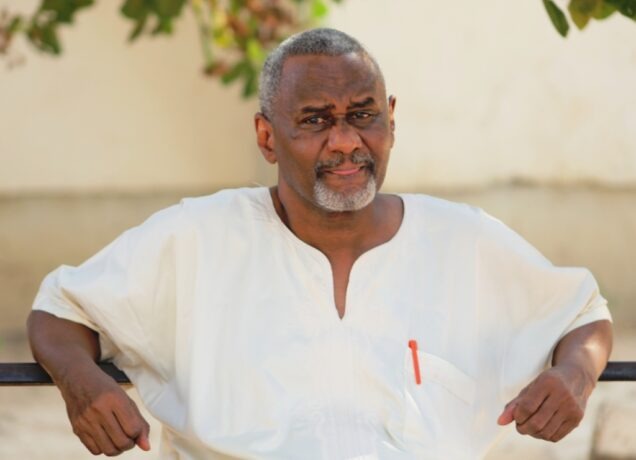Justice Chinyere Nwecheonwu of the Federal Capital Territory (FCT) High Court in Abuja Thursday granted bail to the former Executive Secretary of the National Health Insurance Scheme (NHIS)Professor Usman Yusuf, standing trial for multiple corruption charges filed by the Economic and Financial Crimes Commission (EFCC).
The court granted the bail after Yusuf’s arraignment for embezzlement, abuse of office, and the unlawful award of contracts.
The EFCC accused Yusuf of authorized the purchase of a vehicle at an inflated cost of ₦49.1 million, significantly exceeding the budgeted ₦30 million; awarding a ₦10.1 million training contract to a foundation linked to him, despite only half of the intended beneficiaries participating.; and funneling a ₦17.5 million contract to his nephew’s company for media consultancy services without due process.
Yusuf was remanded in Kuje Correctional Facility while awaiting the court’s decision on his bail application, which had been adjourned to February 27.
Yusuf has accused the Federal Government of persecuting him using security agencies to silence him for criticising national issues.
He specifically pointed to a speech he delivered at a youth summit in Bauchi, where he criticized President Bola Tinubu’s economic policies and alleged the marginalization of Northern Nigeria. According to Yusuf, his arrest was carried out in a “Gestapo-style operation,” with security operatives trailing him after the summit before whisking him away from his residence without prior notice.
During his time in EFCC custody, he claims he was denied access to legal counsel and his family. He also detailed his experiences in Kuje Prison, where he was placed in the VIP section and interacted with inmates, including those facing terrorism-related charges. He described the prison as overcrowded, highlighting systemic failures in Nigeria’s justice system.
Yusuf further alleged that his detention was part of a broader crackdown on dissenters, accusing the EFCC of trying to dehumanize him and tarnish his reputation.
The EFCC, however, has dismissed Yusuf’s allegations as an attempt to divert attention from the charges against him.
The agency insists that the evidence against him is solid, emphasizing that his failure to comply with an earlier administrative bail condition demonstrated his reluctance to cooperate with investigators.
With his bail now granted, the legal battle between Yusuf and the anti-graft agency is set to continue as the case progresses in court.








